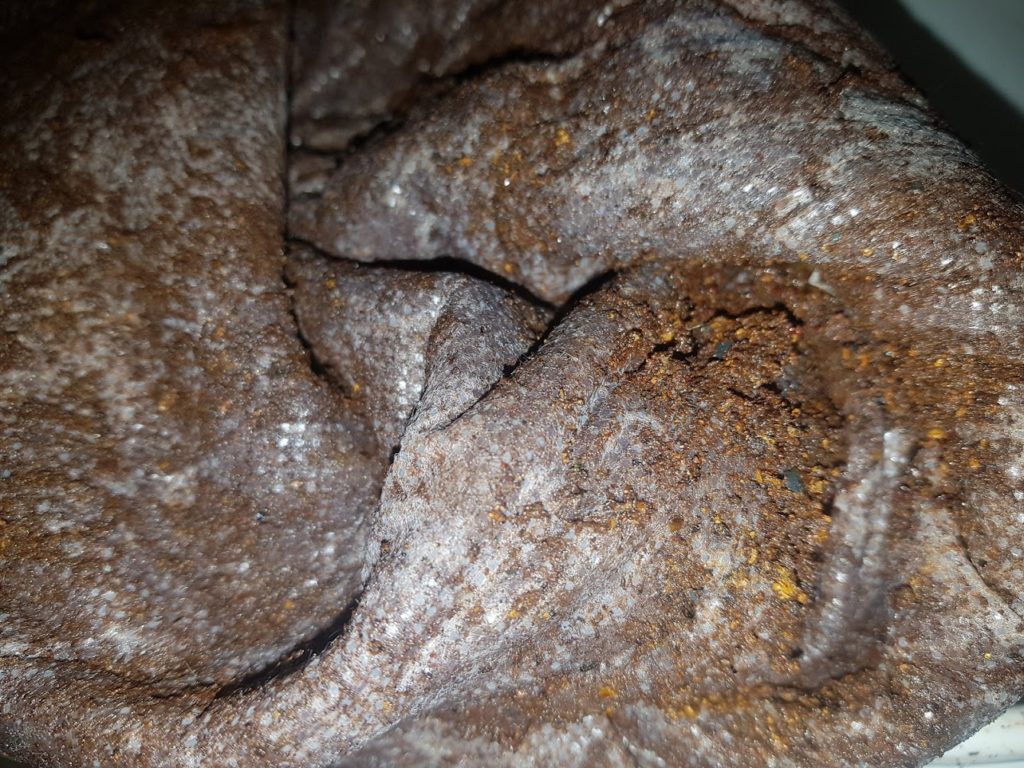07 Apr Water in the diesel tank. It’s the ugly truth
Water is commonly found in diesel fuel due to condensation, handling and environmental conditions.
I would say about ½ of the tanks that we clean contain standing water. The pesky stuff can get in there by several paths.
- Condensation (eliminate this by keeping the tank full)
- Delivery handling (inspect the tank visually before filling)
- The installation is compromised (generally a cap or gasket is defective)
- The fuel was delivered with some water (this can happen is some countries but very seldom in Canada)
MY NOTE: Don’t overlook any of the above (except # 4). Most sites with water problems have a combination of the first 3. Building operators take note.
That water causes all kinds of problems and they are all expensive to fix. For the purposes of some brevity, this discussion will only focus on the tank. Downstream of the tank is a different set of problems.
- Water causes rust in a metal tank. Those iron oxide particles can overwhelm an engine filter in no time.
There is a picture for your viewing enjoyment of a filter bag with lots of rust. Some of the iron oxide particles will get through the filter and cause all kinds of problems with the fuel pumps and injectors.

- Water breeds bacteria. Bacteria loves the water/fuel environment. They feed on materials in the fuel and live very comfortably in the water. Being living organisms, they discharge lactic acid. This discharge will be a layer between the fuel and water. This slimy mess gets sucked up into the fuel line and into the filters. This will clog a filter in seconds. Picture pond slime flowing into a filter.
- Because the bacteria are pumping out acids as a waste product, naturally that lowers the pH of the water. Acidic water can destroy a tank quite quickly. I have tested tank water that will show a pH of 4. If you put your finger in that for a minute, it will start to burn. Even fiberglass tanks are not immune to the affects of acidic water. The acid will attack the resin and leave the fiberglass shards. This leaves a messy powder on the tank bottom along with the fiberglass shards. More for the filters to deal with.
Bottom line: Try and keep water off the bottom of the tank. The subject can be explored in much greater depth by going to this excellent article by Dow Chemical. http://www.hpcdfuel.com/pdf/DOWfuel_training.pdf

No Comments